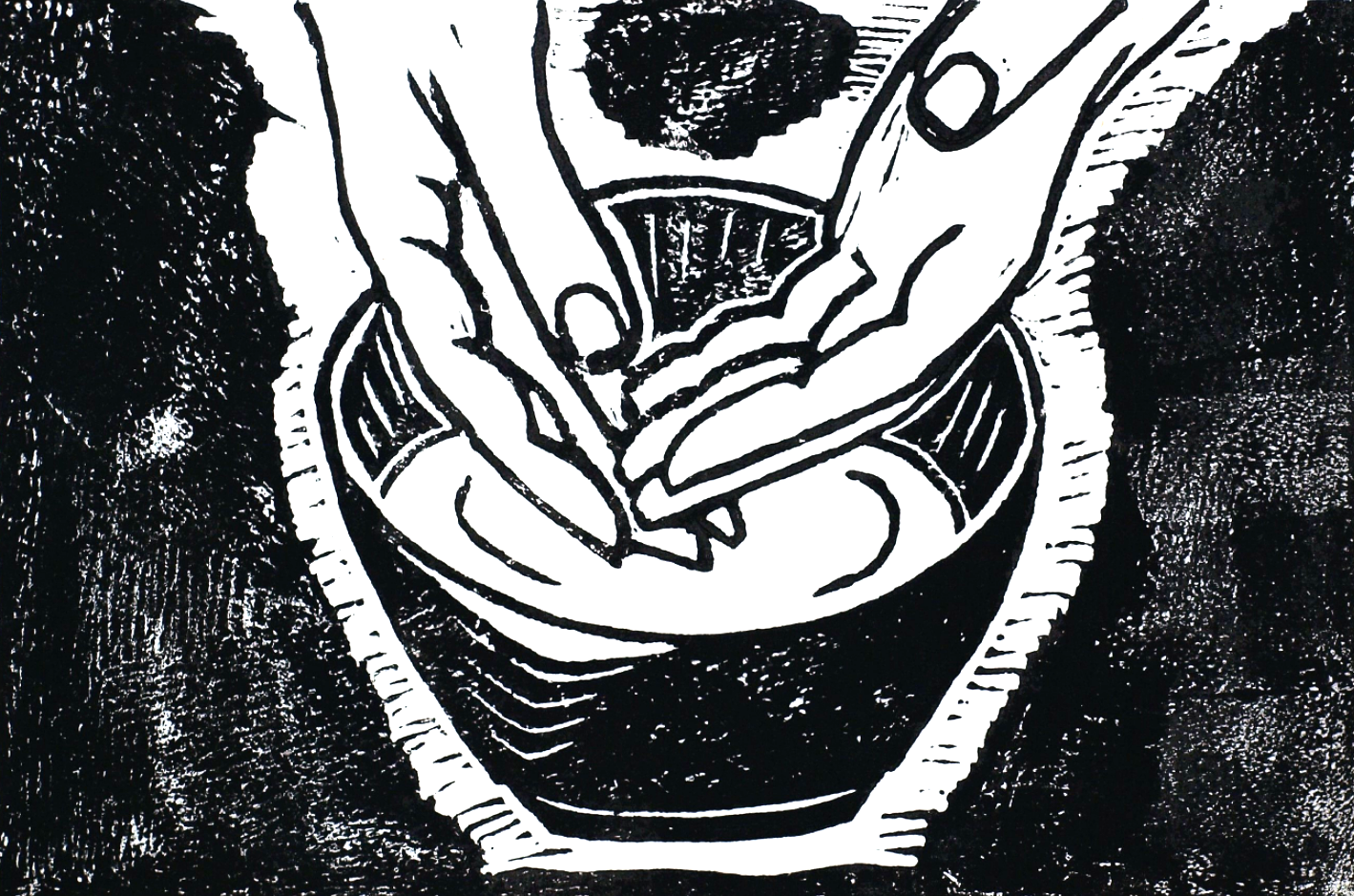“I Am Innocent”

When Pilate sentenced to Jesus crucifixion, he washed his hands and said “I am innocent of this man’s blood.” Pilate knew that Jesus was innocent; nevertheless, he gave in to the people’s demand to crucify Jesus. But he didn’t want to take the moral responsibility for his death, so in a symbolic act he washed his hands and declared his innocence. Looking back at this situation one would think that Pilate should have refused to crucify Jesus if he really thought that he was innocent. In any case it seems obvious that one cannot absolve oneself of moral responsibility or guilt for a certain deed by either washing of hands or plain declaration. Pilate was responsible for Jesus death and neither the washing of his hands nor the declaration “I am innocent” could change this. His attempt to get away from his guilt was in vain.
Having Pilate’s vain attempt to get rid of guilt in mind one wonders why nowadays people still try to reduce their guilt in many similar vain ways: giving money to the poor, doing good deeds, self-flagellation, fasting, praying, sacrifice, etc. The list is long but as good as some of these things may sound they all have one thing in common: they cannot make a sin undone; they cannot take guilt or sin away. In the end there is no human effort that can undo a sin; that can take sin away. One has to pay the price for one’s sin – unless somebody else pays for it.